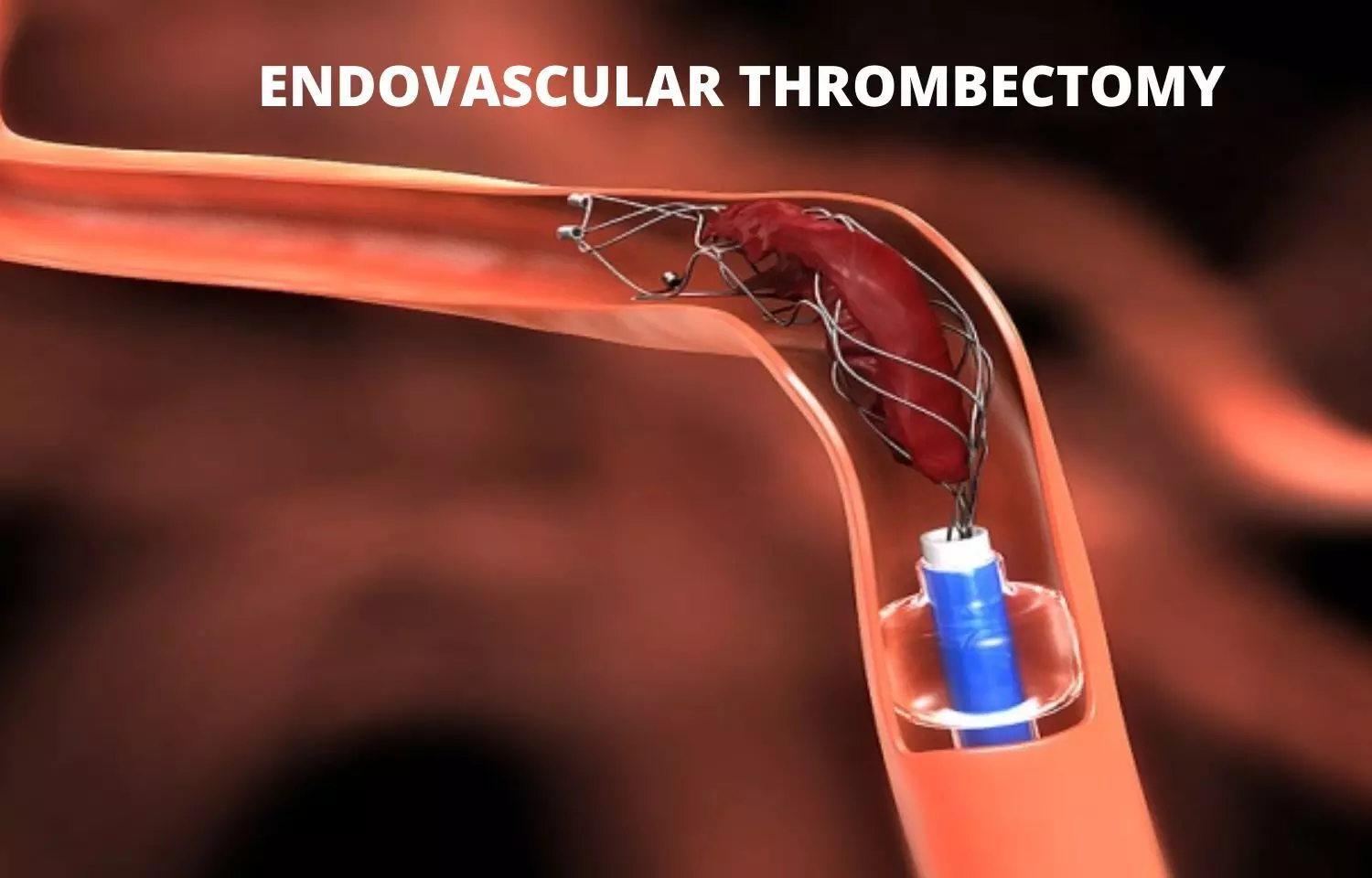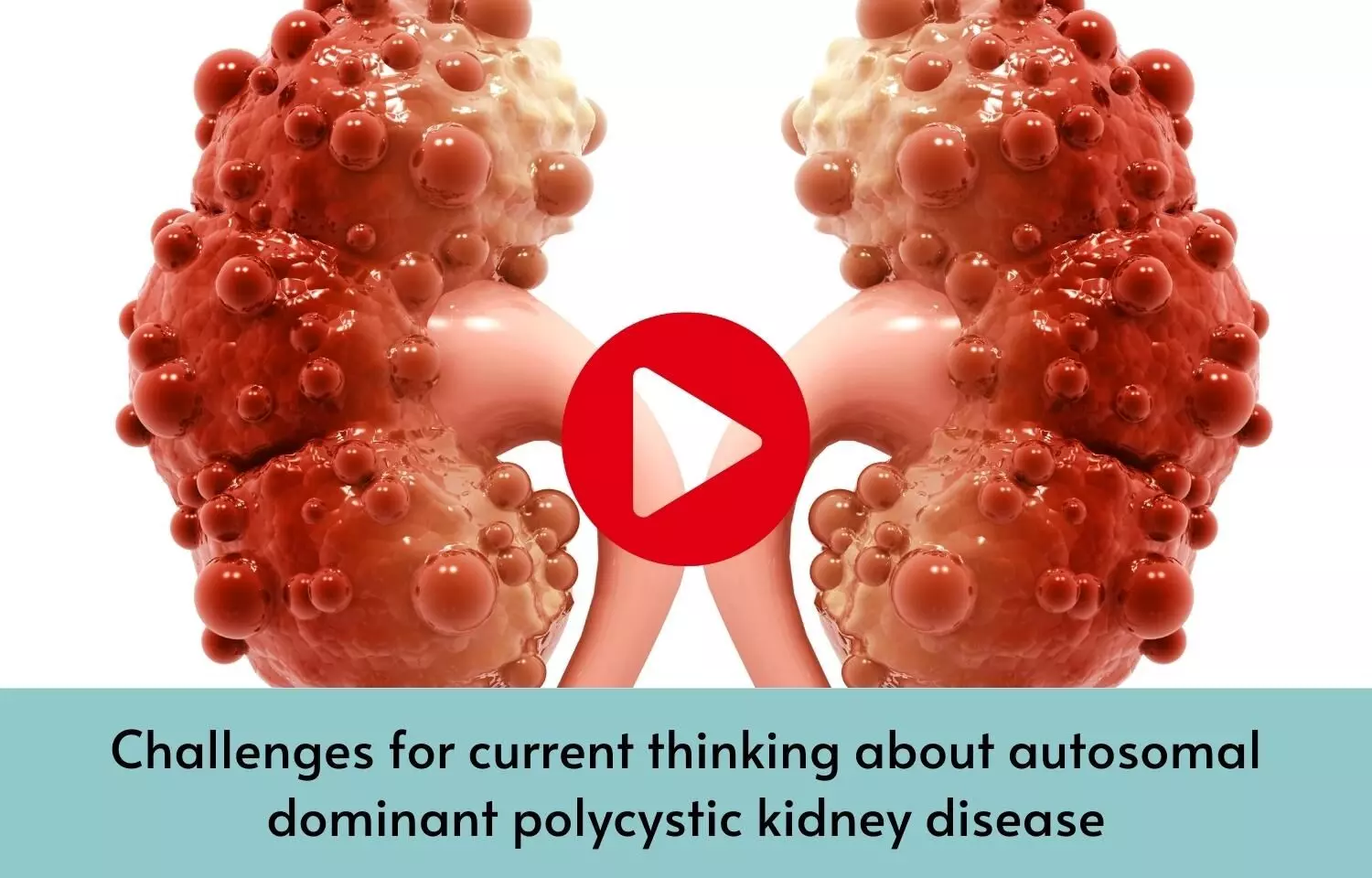- Home
- Medical news & Guidelines
- Anesthesiology
- Cardiology and CTVS
- Critical Care
- Dentistry
- Dermatology
- Diabetes and Endocrinology
- ENT
- Gastroenterology
- Medicine
- Nephrology
- Neurology
- Obstretics-Gynaecology
- Oncology
- Ophthalmology
- Orthopaedics
- Pediatrics-Neonatology
- Psychiatry
- Pulmonology
- Radiology
- Surgery
- Urology
- Laboratory Medicine
- Diet
- Nursing
- Paramedical
- Physiotherapy
- Health news
- Fact Check
- Bone Health Fact Check
- Brain Health Fact Check
- Cancer Related Fact Check
- Child Care Fact Check
- Dental and oral health fact check
- Diabetes and metabolic health fact check
- Diet and Nutrition Fact Check
- Eye and ENT Care Fact Check
- Fitness fact check
- Gut health fact check
- Heart health fact check
- Kidney health fact check
- Medical education fact check
- Men's health fact check
- Respiratory fact check
- Skin and hair care fact check
- Vaccine and Immunization fact check
- Women's health fact check
- AYUSH
- State News
- Andaman and Nicobar Islands
- Andhra Pradesh
- Arunachal Pradesh
- Assam
- Bihar
- Chandigarh
- Chattisgarh
- Dadra and Nagar Haveli
- Daman and Diu
- Delhi
- Goa
- Gujarat
- Haryana
- Himachal Pradesh
- Jammu & Kashmir
- Jharkhand
- Karnataka
- Kerala
- Ladakh
- Lakshadweep
- Madhya Pradesh
- Maharashtra
- Manipur
- Meghalaya
- Mizoram
- Nagaland
- Odisha
- Puducherry
- Punjab
- Rajasthan
- Sikkim
- Tamil Nadu
- Telangana
- Tripura
- Uttar Pradesh
- Uttrakhand
- West Bengal
- Medical Education
- Industry
Dulaglutide along with long-acting Insulin yields better results in T2 Diabetics

Dulaglutide in combination with long-acting insulin yielded better blood glucose control than intensive insulin therapy in type 2 diabetics and the results persisted for 24 weeks. The study was published in the journal 'Diabetology International.'
Diabetes is a global pandemic and is a health care burden worldwide. Diabetes is managed by both monotherapy and combination therapy. Dulaglutide is a Glucagon-like-peptide-1 receptor agonist used for the management of T2 diabetes mellitus. Researchers from Japan conducted a study to evaluate the long-term effects of combination therapy comprising dulaglutide and long-acting insulin, on glycemic control in patients with type 2 diabetes.
A retrospective observational study was conducted on 20 patients with type 2 diabetes who underwent blood glucose management with intensive insulin therapy for a certain period. Later these patients were switched from intensive insulin therapy to combination therapy comprising dulaglutide and long-acting insulin. After the start of the combination therapy, Hemoglobin A1c was evaluated before and at 4, 12, and 24 weeks. All the patients were under continuous glucose monitoring before the start, at week 1, and week 24.
Results:
- Hemoglobin A1c levels were significantly reduced after 4, 12, and 24 weeks of combination therapy.
- Glycemic variability was significantly decreased after 1 and 24 weeks of combination therapy.
- The percentage of readings and time > 250 mg/dL at 24 weeks was significantly improved.
Thus, the researchers concluded that dulaglutide combination with long-acting insulin resulted in better blood glycemic control than intensive insulin therapy, which persisted for 24 weeks. Blood glucose fluctuations and the number of self-injections needed were also reduced by the combination therapy.
For the full article, click here: https://doi.org/10.1007/s13340-022-00592-z
Ito, K., Satoh, S., Kondo, Y. et al. Effect of dulaglutide and long-acting insulin combination therapy in patients with type 2 diabetes: a retrospective observational study. Diabetol Int (2022).
BDS, MDS
Dr.Niharika Harsha B (BDS,MDS) completed her BDS from Govt Dental College, Hyderabad and MDS from Dr.NTR University of health sciences(Now Kaloji Rao University). She has 4 years of private dental practice and worked for 2 years as Consultant Oral Radiologist at a Dental Imaging Centre in Hyderabad. She worked as Research Assistant and scientific writer in the development of Oral Anti cancer screening device with her seniors. She has a deep intriguing wish in writing highly engaging, captivating and informative medical content for a wider audience. She can be contacted at editorial@medicaldialogues.in.
Dr Kamal Kant Kohli-MBBS, DTCD- a chest specialist with more than 30 years of practice and a flair for writing clinical articles, Dr Kamal Kant Kohli joined Medical Dialogues as a Chief Editor of Medical News. Besides writing articles, as an editor, he proofreads and verifies all the medical content published on Medical Dialogues including those coming from journals, studies,medical conferences,guidelines etc. Email: drkohli@medicaldialogues.in. Contact no. 011-43720751




